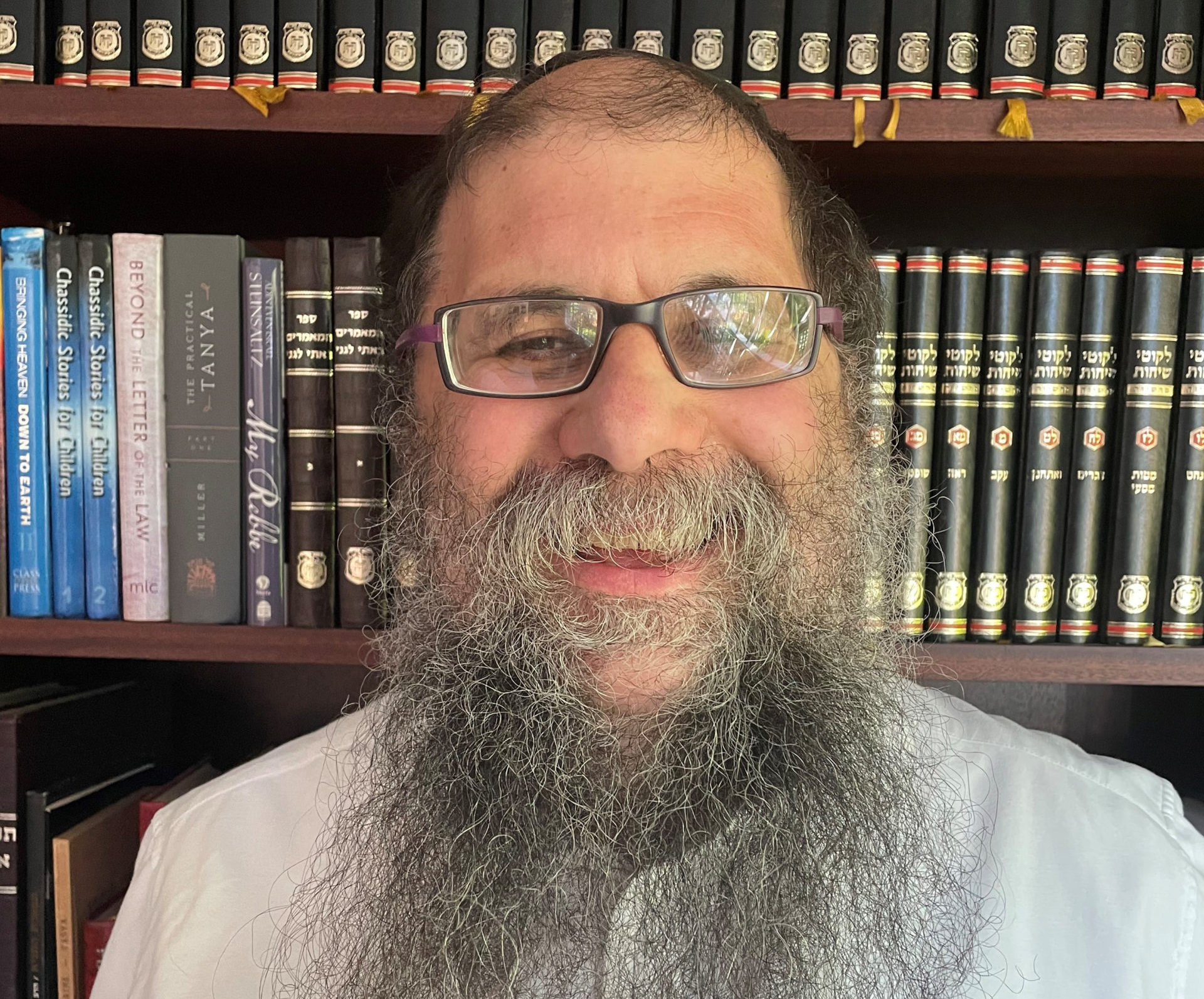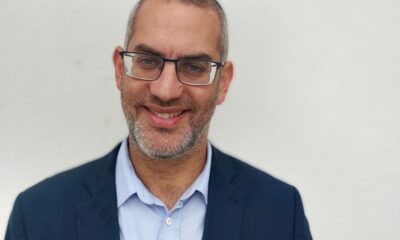
Religion

Which Jew am I?
A chassid left his home shtetl for business purposes. Swiftly, he realised that his chassidic attire seemed entirely out of place amidst the bustling trade fairs of Leipzig and the corporate offices of Berlin. His shtreimel, long silk bekeshe, and knee-high white socks were quickly set aside. In their place, a business suit adorned him – a choice he believed was fitting for a person of his stature.
However, this transformation was confined to the city. During his visits back to his hometown, a different scene unfolded. Upon setting foot in his rebbe’s presence, he would once again embrace his chassidic regalia.
This carried on for years until one day, the chassid thought to himself, “Why am I being a hypocrite? Why do I need all this pretence for the rebbe? I must just be honest with myself and with him.” On his next visit, the man went home, sans chassidic garb. As was his custom, he set off for the house of his mentor, and put out his hand in greeting. “Shalom aleichem, rebbe. Please excuse my appearance. I’ve decided no longer to pretend and dress up for you, so I’ve come clothed the way I normally do.”
The rebbe gave his disciple a deep, long, penetrating glance. Then, with a sigh, he responded, “So it has been for me that you were dressing up. I’m truly disappointed. All along, I assumed you were getting dressed up for them.”
Starting on Friday, the powerful notes of the shofar are sounded every morning, right through the month of Elul, heralding the countdown to Rosh Hashanah. “Wake up,” the piercing, shrill sound tells us, “you are in the last month of the year. The Day of Judgement is drawing nearer.”
We indeed behave differently during this month of Elul. The soul inherently feels that the high holidays are coming up. The result is that we’re more careful and more deliberate in the way we speak or act. There’s less lashon hara, more attention to kashrut, better Shabbat observance, a better relationship with loved ones. Every action, each utterance, even our thoughts undergo meticulous evaluation against the backdrop of our Torah values.
Is this mere hypocrisy? Judgement on Rosh Hashanah is for the entire year’s behaviour, not just the desperate last-ditch attempts to win favour with G-d. And clearly Hashem cannot be fooled. So, why not just be ourselves and be honest with our maker?
This raises the fundamental question: who, in fact, is the real me?
Is it the year-round Jew or the Elul Jew? Are we the individual who speaks without restraint, consumes whatever crosses our path, and yields to life’s whims? Or the conscious being who meticulously measures each action, each thought, and each word against a loftier moral and ethical scale?
If you listen closely to the shofar, it articulates a resounding message: “Embrace your genuine self.”
Ketiva vachatima tova.










